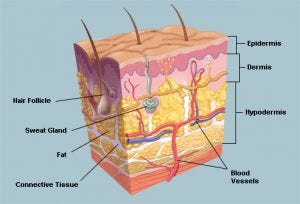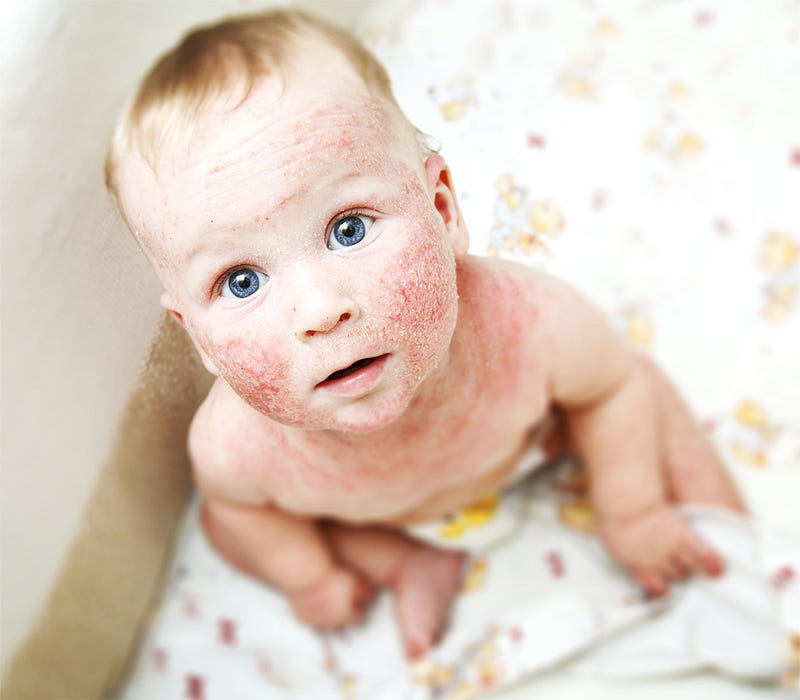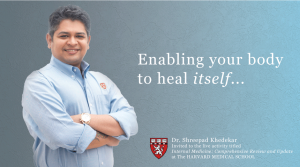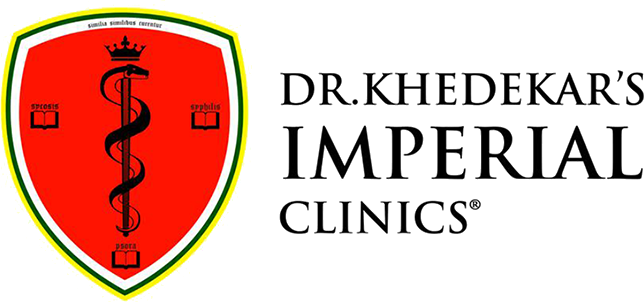
ED and PE cures in homeopathy are possible.
Homeopathy for ED and PE Problems will work but quickly over days or weeks. Faster than you think.
ED and PE cure in homeopathy is completely possible in subjects till 70 years of age.
Homoeopathic medicine for ED and PE Problems will do wonders without side-effects
Homeopathy given for ED and PE will show gradual improvement and not sudden but without side-effects so its more advisable to take homeopathy and not just Sildenafil (e.g. Viagra). Regular use of sildenafil medicines may give rise to heart problems and stroke, especially when taken for more than 1 month.
Treatment of any kind of ED and PE in homeopathy will do wonders for you but in long term especially when a constitutional remedy is selected.
In ED and PE homeopathic treatments are easy but only in the hands of an expert. Don’t fall for commercial chains of homeopathic clinics promising you the sky. Always look for homeopaths with MD degree and not just BHMS or LCEH
Now the NOT so GOOD news:
There are several forms of Homeopathy practised around the world.
Polypharmacy: where several remedies or a combination of remedies is given to the patient in repeated doses. The outcome of which is extremely poor.
Classical homeopathy: where a single dose of a single remedy is given and will give you the best results. But please make sure that your homeopath is not giving you and charging for placebo.
Symptom specific treatments: where only the symptoms or the effects of autism are treated. This will also give very poor results. This is also called HOMEO-ALLOPATHY. Selenium or fluoride will never be able to cure you of ED and PE issues it’ll only act as a vasodialatating drug like in allopathy.
Classical homeopathy has been used with some success to alleviate symptoms, both mental and physical, or to cure individuals with ED and PE. For many patients who have seen a large overall improvement in their ED or PE, homeopathy has played a major role.
PREMATURE EJACULATION AND ERECTILE DYSFUNCTION (ED) SOMETIMES PE IS A PROBLEM FOR MEN WHO HAVE ERECTION PROBLEMS (ERECTILE DYSFUNCTION OR ED). THIS IS WHEN MEN ARE NOT ABLE TO GET OR KEEP AN ERECTION THAT’S FIRM ENOUGH FOR SEX.
CAUSES:
Vascular causes that affect blood flow, and neurological causes that affect nerve signals are the major medical causes of erectile dysfunction, often due to the underlying disease processes of atherosclerosis and diabetes.
SYMPTOMS
The main symptom of premature ejaculation is the inability to delay ejaculation for more than one minute after penetration. However, the problem might occur in all sexual situations, even during masturbation.
Premature ejaculation can be classified as:
- Lifelong (primary). Lifelong premature ejaculation occurs all or nearly all of the time beginning with your first sexual encounters.
- Acquired (secondary). Acquired premature ejaculation develops after you’ve had previous sexual experiences without ejaculatory problems.
Many men feel that they have symptoms of premature ejaculation, but the symptoms don’t meet the diagnostic criteria for premature ejaculation. Instead these men might have natural variable premature ejaculation, which includes periods of rapid ejaculation as well as periods of normal ejaculation.
WHEN TO SEE A DOCTOR
Talk with your doctor if you ejaculate sooner than you wish during most sexual encounters. It’s common for men to feel embarrassed about discussing sexual health concerns, but don’t let that keep you from talking to your doctor. Premature ejaculation is a common and treatable problem.
For some men, a conversation with a doctor might help lessen concerns about premature ejaculation. For example, it might be reassuring to hear that occasional premature ejaculation is normal and that the average time from the beginning of intercourse to ejaculation is about five minutes.
CAUSES
The exact cause of premature ejaculation isn’t known. While it was once thought to be only psychological, doctors now know premature ejaculation involves a complex interaction of psychological and biological factors.
PSYCHOLOGICAL CAUSES
Psychological factors that might play a role include:
- Early sexual experiences
- Sexual abuse
- Poor body image
- Depression
- Worrying about premature ejaculation
- Guilty feelings that increase your tendency to rush through sexual encounters
Other factors that can play a role include:
- Erectile dysfunction. Men who are anxious about obtaining or maintaining an erection during sexual intercourse might form a pattern of rushing to ejaculate, which can be difficult to change.
- Anxiety. Many men with premature ejaculation also have problems with anxiety — either specifically about sexual performance or related to other issues.
- Relationship problems. If you have had satisfying sexual relationships with other partners in which premature ejaculation happened infrequently or not at all, it’s possible that interpersonal issues between you and your current partner are contributing to the problem.
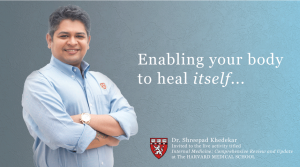
BIOLOGICAL CAUSES
A number of biological factors might contribute to premature ejaculation, including:
- Abnormal hormone levels
- Abnormal levels of brain chemicals called neurotransmitters
- Inflammation and infection of the prostate or urethra
- Inherited traits
RISK FACTORS
Various factors can increase your risk of premature ejaculation, including:
- Erectile dysfunction. You might be at increased risk of premature ejaculation if you occasionally or consistently have trouble getting or maintaining an erection. Fear of losing your erection might cause you to consciously or unconsciously hurry through sexual encounters.
- Stress. Emotional or mental strain in any area of your life can play a role in premature ejaculation, limiting your ability to relax and focus during sexual encounters.
COMPLICATIONS
Premature ejaculation can cause problems in your personal life, including:
- Stress and relationship problems. A common complication of premature ejaculation is relationship stress.
- Fertility problems. Premature ejaculation can occasionally make fertilization difficult for couples who are trying to have a baby if ejaculation doesn’t occur intravaginally.
WHAT HOMEOPATHY COSTS?
Your first consultation with a private homeopath will usually cost between INR 500 to INR 10,000. Further appointments usually cost less — about INR 500 to INR 5000 depending on the location of the place and experience of homeopath. It will also depend on the skill level of his staff or assistants who usually take the first case and prepare it for the main consultant.
Your remedy will usually be included in the consultation price, but do check this first. Homeopathic tablets or other products usually cost around INR 100 to INR500 if you need to buy them separately in India.
Imperial clinics Mumbai
Dr. Shreepad A. Khedekar, BHMS, MD (homeopathy), a specialist for over 17 years, he has used homeopathy in his Switzerland, Belgrade and Mumbai practice for the last 17 years. He lectures in homeopathy at Switzerland, Croatia and at the Serbian Doctors Association (SLD) Teaching Centre in Belgrade and has a busy private practice in Dadar, Mumbai and at Shushrusha Citizens co-operative hospital, Mumbai and is the only Homeopath in their 60 year history.
Dr. Shreepad Khedekar is the Clinical Director, Imperial clinics Mumbai and Imperial clinics Belgrade, Consultant at Shushrusha Citizens Co-op Hospital Mumbai and Physician to several international stars and celebrities.
For More Details erectile dysfunction treatment homeopathy visit here.
